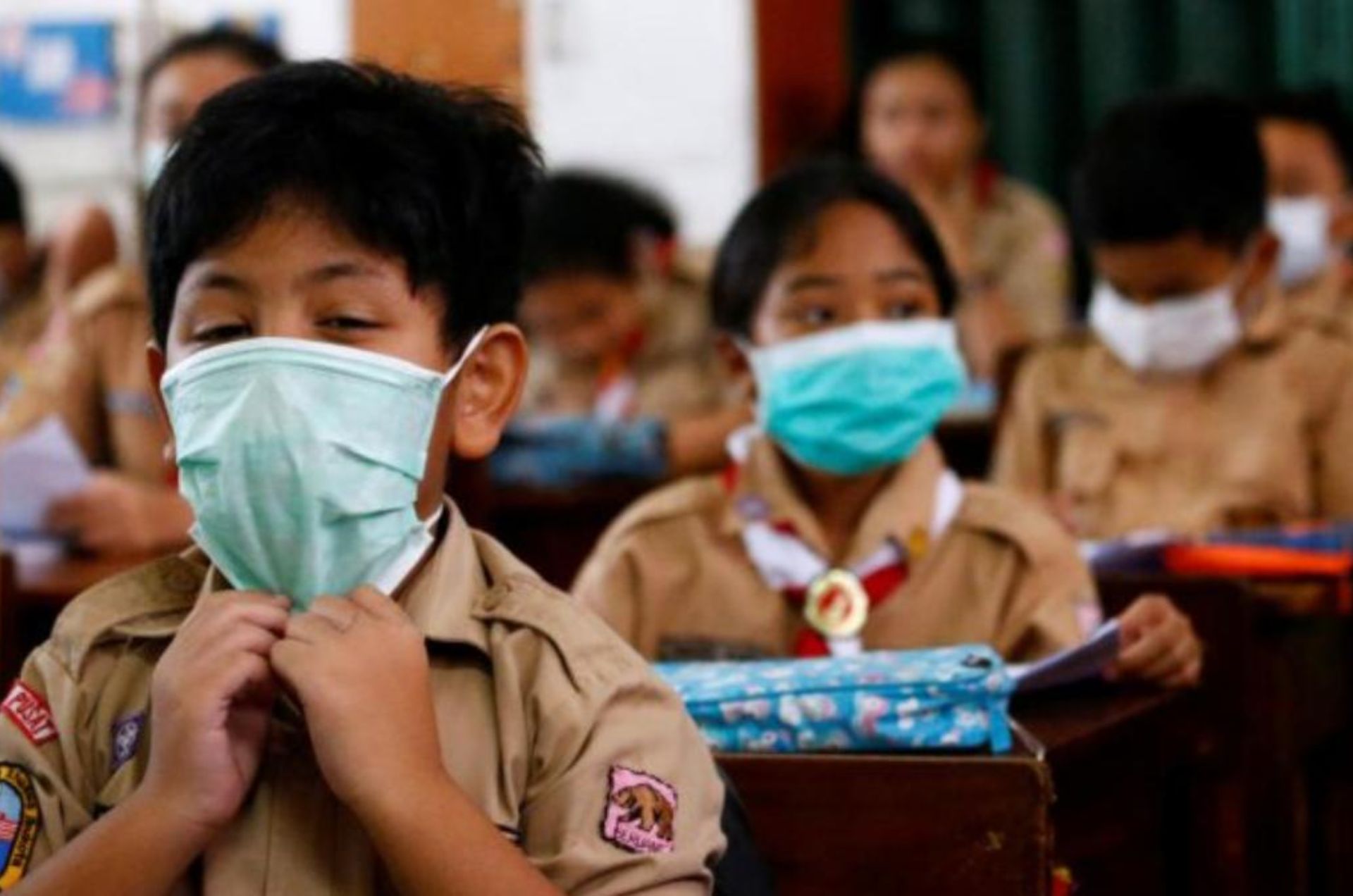The total student population in India is approximately 32 crore, give or take a few thousand. It has the world’s largest student body and almost reaches the entire US population. While most of the population is gradually returning to normalcy, the trauma for students continues as they miss their schools and colleges. Isn’t it unappealing to study in college while sitting at home? What began as a unique, fun experience of no classes and exams due to the Covid-induced crisis is now making the students tense and frustrated as the shadows of uncertainty continue to lengthen.
The government and educational institutions have done an admirable job of “keeping things going.” There is widespread agreement that Covid-induced online education arose out of necessity and, at best, can serve as a stop-gap measure. However, standing amid the fire, I believe we can reap some benefits from the current extenuating circumstances. There is a silver lining to every dark cloud. I’ll make a presentation there.
Positive Impact
No Back Benches!
“Please make my ward sit on the front bench,” the parent’s first request to the teacher. It’s as if the students on the front benches are more valuable. Teachers, on the other hand, look at the backbenchers with suspicion. The perception that backbenches are a haven for latecomers, sleepy students, cat-callers, and classroom miscreants is frequently reinforced by film depictions. So, when the class teacher in one of my higher classes decided, in his infinite wisdom, to arrange the seating according to alphabetical order rather than height, and I ended up on the back bench, my parents were mortified. Back Bench is a thing of the past in online classes, and all students get a front-row seat. The mental stereotype of the backbenchers that exists in the minds of the teachers has been completely broken.
Irrelevance of Cheat Sheets
Making cheat sheets is not a skill that everyone possesses. Of course, we’ve all heard about a student who uses cheat sheets to inform others about other cheat sheets. Many Indian education systems have long been chastised for their reliance on rote learning. While it served the purpose of quickly educating a large population, the modern world necessitates new tools and techniques. One of these is emphasizing critical thinking, analytical, and problem-solving abilities.
The Transformation of a Teacher to a Performer
The professor can make eye contact and question an inattentive student within the confines of the classroom, which has been sanitized of all distractions. However, in a boundary-less online environment, the professor must overcome technological shortcomings, competing distractions, self-doubt, and other factors to keep the student’s attention. Students raised on a diet of stand-up comedy, memes, and short videos expect their teachers to educate and entertain them. As if that weren’t enough, the boundary-less classroom allows anyone to peer in to see what’s going on and make snide remarks.
Learning Management Systems: A Booming Industry
Before the pandemic, companies developing learning management systems were thought to be a niche because there wasn’t much mainstream online learning. Its scope was primarily limited to professional learning or those with greater financial access. All of this has changed as a result of the COVID-mandated stay-at-home requirement.
Learning management systems have the potential to grow at a breakneck pace shortly. Companies in the sector that have already strengthened their foundation.
Negative Impact
Sluggish Cross-Border Movement of Students
Many universities in Australia, the United Kingdom, New Zealand, and Canada rely heavily on students’ movement from China and India.
It is becoming increasingly clear that this cross-border student movement will suffer for at least the next two to three years, posing a significant financial risk to universities in these countries, which are already under financial strain.
Due to the high pandemic risk, many parents will refrain from sending their children abroad for higher education.
Passive Learning by Students
The unplanned shift to online learning, particularly in countries like India where the backbone for online learning was not ready, and the curriculum was not designed for such a format, has created the risk of most of our students becoming passive learners and getting bored due to low levels of attention span.
In addition, due to the digital divide in many developing countries, including India, we may leave a large proportion of the student population unconnected.
We now realize that online learning may be boring because it creates a new set of passive learners who can pose new challenges.
Changing the Format of Student Recruitment
Universities and colleges worldwide face a significant challenge in student recruitment and retention.
The risk of losing students is so high that they must reconsider their admission practises, admission criteria, and overall recruitment process, including new outreach methods and the application process itself.
Stress Symptoms
Students who are confined to their homes with their parents due to COVID-19 may experience increased stress and anxiety. Children who were isolated or quarantined during pandemic diseases are more likely to suffer from acute stress disorder, adjustment disorder, and grief, according to Sprang and Silman (2013). Such negative psychological factors may, in turn, hurt learning (Kuban and Steele 2011).
These stress symptoms may be comparable to those observed in the aftermath of hurricanes or earthquakes. In the case of tertiary education, Di Pietro (2018) employs a standard difference-in-differences approach to investigate the impact of the L’Aquila earthquake on the academic performance of local university students.
Conclusion
Primarily teachers, students and parents are adapting to the new system. Most teachers continue to teach, and most students continue to learn. Most parents can help their child’s education when needed. Dramatic and sudden disruptions in the school environment can hardly be expected without affecting student learning, primarily when the disruptive effects of health crises and blockades affect every aspect of social and economic life.
However, at this stage, the evidence of the impact on educational development is inconclusive and not universally hostile. No firm conclusions can be drawn at this point, but the negative consequences for school development, the mental health of school-aged children, or mental health, in general, may be modest scope and impact. The report further points out that positive lessons can be drawn from the health crisis regarding education. The potential positive experiences of blocks and alternative school approaches should be considered when testing and improving school provision during and after the pandemic.
On Socialbuzzness, features articles on and about technology, business, lifestyle, and health. Socialbuzzness covers all kinds of news, including entertainment, technology, business, and finance.











